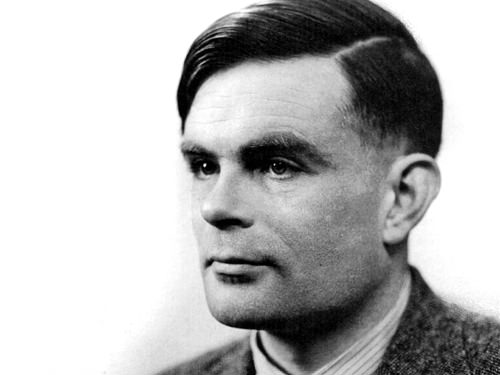GCHQ advertise for gay code-breakers 64 years after the death of Alan Turing
The security service has had a bad record with the LGBT community
By Steve Brown

The Government Communications Headquarters (GCHQ) is advertising for gay code-breakers 64 years after Alan Turing was hounded to death for his sexuality.
The intelligence agency listed an advert in this month’s issue of online magazine Fyne Times revealing their new recruits would “see things differently”.
They said: “Alternative perspectives spark the innovative thinking needed to achieve our mission.
“You see things differently. So we can flourish. By recognising the value of the individual difference, GCHQ enables everyone to give their best, so that we can stay one step ahead of the adversaries.”
Openly gay men were barred from joining the GCHQ until 1991 with the Armed Forces ban remaining until 2000.
Although the security service is attempting to build a bridge between the LGBT+ community, it is widely regarded that their treatment of Turing – one of the world’s most renowned code-breakers – is what drove him to suicide.
Turing broke the German navy’s Enigma code used by U-boats to send secret messages during World War Two with Prime Minister Winston Churchill saying his work was the “single greatest contribution” to the victory.
However, because of his sexuality, he was discriminated against during the time when homosexuality was illegal in Britain.
He face a conviction for gross indecency back in 1952 for having an affair with a 19-year-old homeless man from Manchester.
This saw him chemically castrated and he lost his security clearance and was stopped from code-breaking.
Two years later, Turing – who was struggling to deal with his conviction as an openly-gay man – killed himself.
He was found in his home with a half-eaten apple laced with cyanide.
Turing received a royal posthumous pardon in 2013, nearly 60 years after his death.
